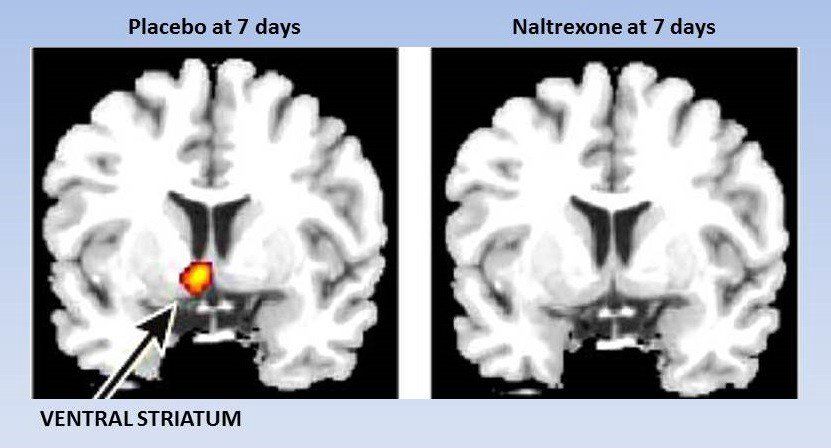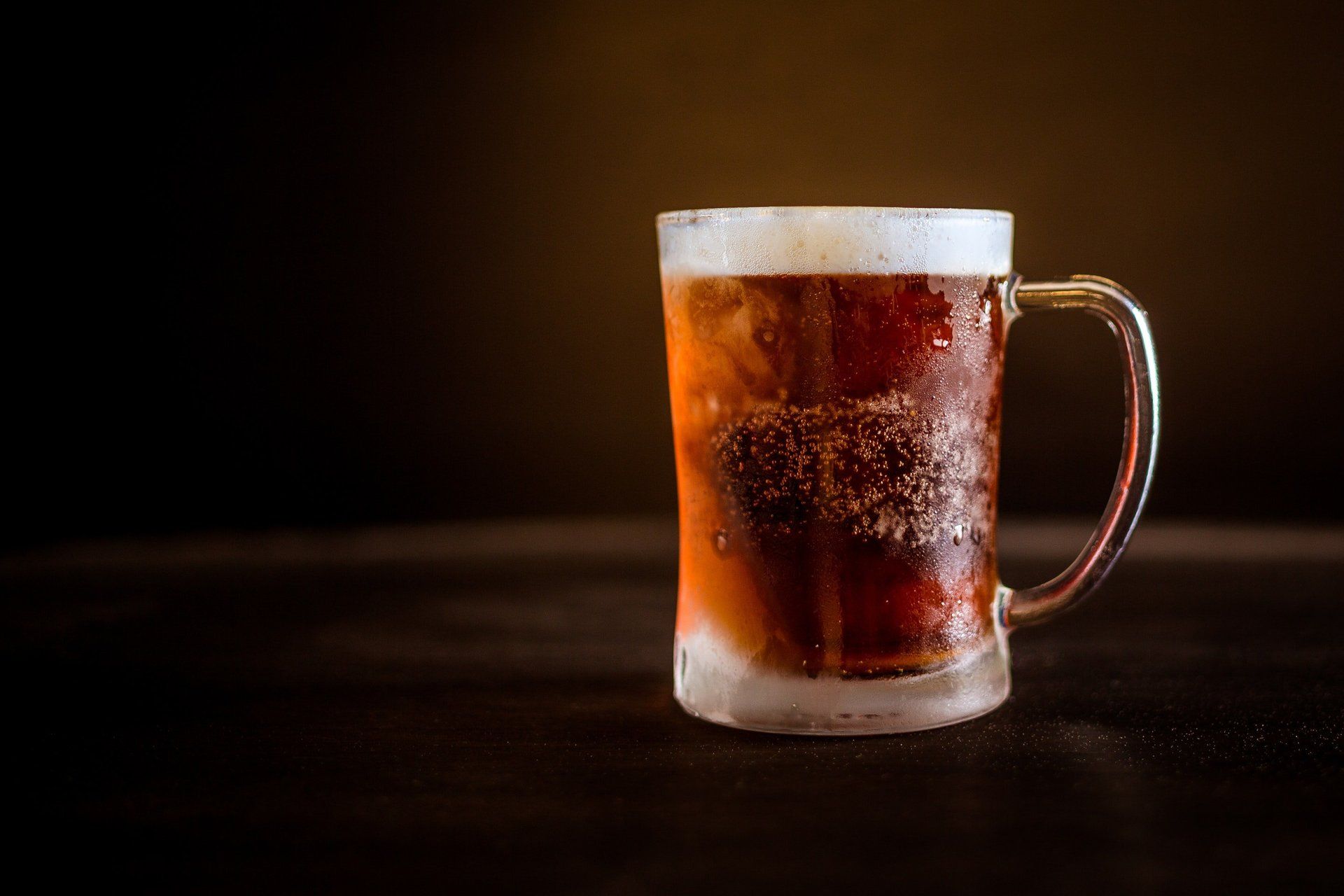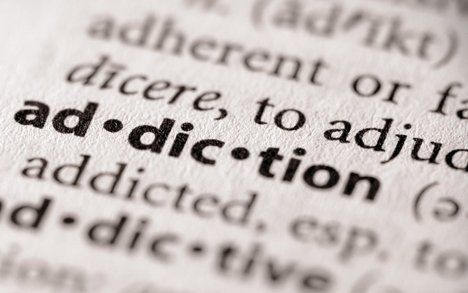Medications for Alcoholism
Three FDA approved medications to curb alcohol cravings and support recovery
Disclaimer: This is article is informational purposes only. Speak with a licensed physician if you believe you need medical treatment for an addictive disorder.
Naltrexone / Vivitrol®
Therapeutic Effects
One of the most addictive effects of alcohol use is the artificial “endorphin rush” that it causes. Naltrexone diminishes or eliminates this “buzz” and by doing so diminishes the reinforcing effects of alcohol. Additionally, naltrexone diminishes a person’s cravings for alcohol by blocking the endorphin activity associated with euphoric recall or anticipation of alcohol’s effects. In other words, thinking about alcohol when a person is taking naltrexone is less likely to provoke strong cravings or to precipitate relapse.
Formulations
Naltrexone comes in two formulations—a daily oral dose and a 28-day depot injection called Vivitrol®. By blockading the opioid receptors for up to 28 days, Vivitrol® greatly enhances medication compliance. Individuals on Vivitrol® must nevertheless make the monthly decision to comply with a medication that diminishes the reinforcing effects of alcohol.
Induction and Use
Provided that a person is not dependent on opioids, naltrexone can be initiated during detoxification to help reduce cravings for alcohol. Naltrexone and Vivitrol should only be taken under the care and direction of a physician.
Observable reduction in activity in craving center of the brain when patient presented with alcohol-cues

Hugh Myrick; Raymond F. Anton; Xingbao Li; Scott Henderson; Patrick K. Randall; Konstantin Voronin. Effect of Naltrexone and Ondansetron on Alcohol Cue-Induced Activation of the Ventral Striatum in Alcohol-Dependent People. Arch Gen Psychiatry. 2008;65(4):466-475.
Acamprosate (Campral®)
Therapeutic Effects
One of the effects of alcohol is to slow the brain’s neurological processes down. As it does so in a person with alcohol dependence the body fights back and tries to speed everything up. That is why a person who is alcohol dependent experiences shakiness, trembling, anxiety, and irritability when their blood alcohol content decreases. Following medical detoxification, acamprosate can be used to subtly inhibit the excitatory symptoms associated with early recovery. By subtly reducing anxiety, tension, and shakiness, acamprosate often decreases cravings for alcohol and helps persons to be more successful in preventing relapse.
Formulations
Acamprosate is an oral medication that is typical taken three times a day to reduce cravings for alcohol.
Induction and Use
Acamprosate can be intiated once a person has stopped drinking. Acamprosate should only be taken under the care and direction of a physician.
Disulfiram (Antabuse®)
Therapeutic Effects
When people drink alcohol, their bodies metabolize the alcohol into a toxic chemical called acetaldehyde. Acetaldehyde is then further metabolized into harmless byproducts. When someone drinks too much, his or her body is unable to process all the acetaldehyde and the symptoms of a hangover result. Disulfiram inhibits the metabolism of acetaldehyde so that a person experiences the symptoms of a hangover immediately upon drinking alcohol. In other words, alcohol causes no euphoria but sickness, including symptoms such as flushing of the skin, accelerated heart rate, shortness of breath, nausea, vomiting, throbbing headache. Disulfiram is therefore a powerful deterrent against relapsing in persons who are seeking to maintain their sobriety. It also reduces cravings by eliminating any perceived opporunity to get intoxicated.
Formulations
Disulfiram is an oral medication that is typically taken daily.
Induction and Use
Disulfiram can only be initiated once alcohol has been eliminated from the body, approximately 12 hours after the last drink. Disulfiram should only be taken under the care and direction of a physician.



